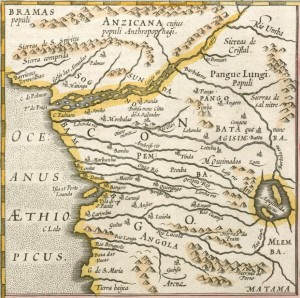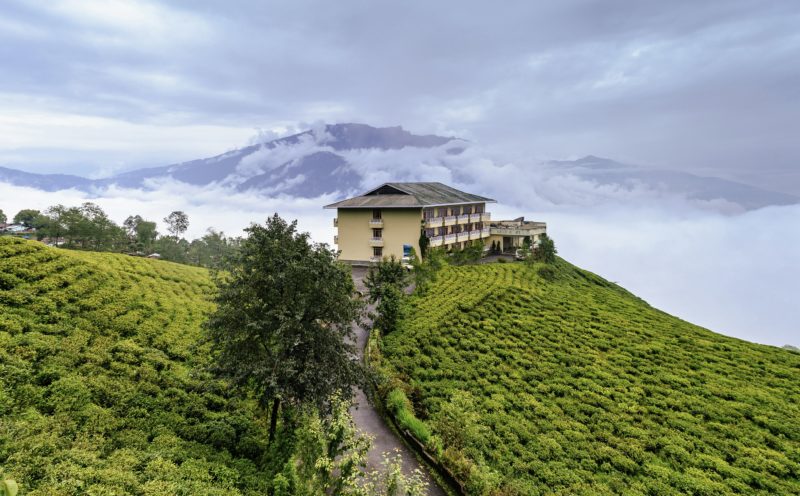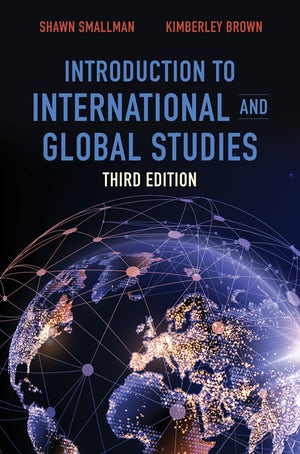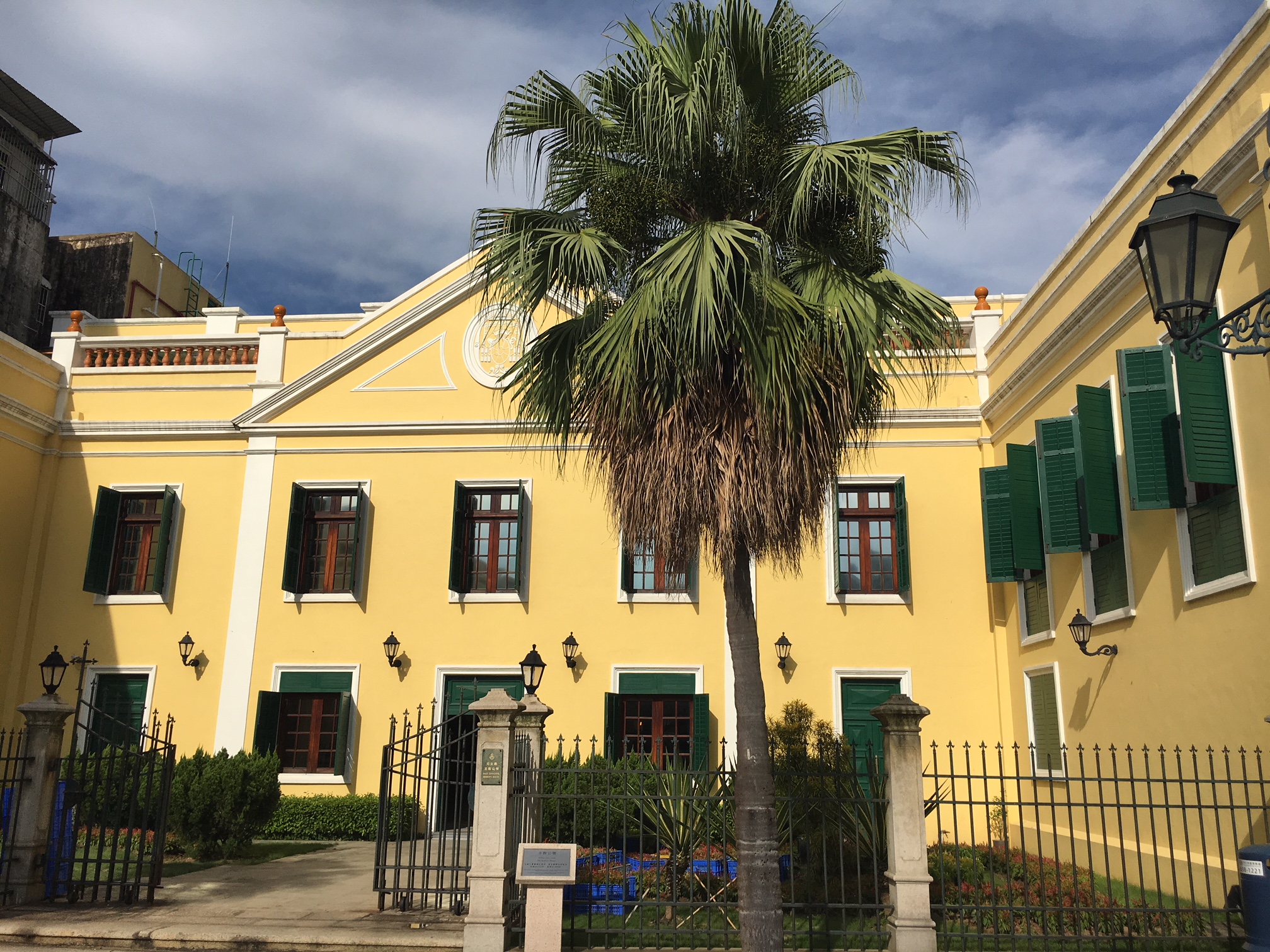HIV/AIDS, an “Introduction to International Studies” class lecture

I wrote a book, the AIDS Pandemic in Latin America, and have studied public policy and infectious disease for nearly twenty years. Here is a lecture that I wrote (around 2010?) for an “Introduction to International Studies” class. It would need to be updated now; it may also some references to my own experiences, which would need to be removed. But my hope is that it might prove a useful starting place for someone who wants to do a lecture on this topic in a similar class.
HIV/AIDS
Terms:
clades
HIV 1-B
HIV 2
Retrovirus
Cameroon
Character of the Virus:
- HIV is not one virus but many
- The result of more than one introduction into humanity
- Two main forms: HIV-1; HIV-2
- Great diversity
- Difficult to create vaccine
- 10 year latency
- initial infection- blood/sex/mother daughter
- flu-like symptoms
- body holds the virus in check
- over time, the virus gradually erodes the immune system’s ability to defend the body
- the person dies of opportunistic infections
- there are different latency periods for different people: my Cuban experience
- medicines don’t work with everyone: my experience in the support group in Sao Paulo
- most people, the medications are effective
- recently realized: in a discordant couple medications prevent transmission in 98% of cases
- means that treatment is prevention
- heart-breaking: long argued that treatment was too expensive
- the only economical way to treat the virus was prevention
- proves to have been a flawed paradigm
…
HIV/AIDS, an “Introduction to International Studies” class lectureRead More »




